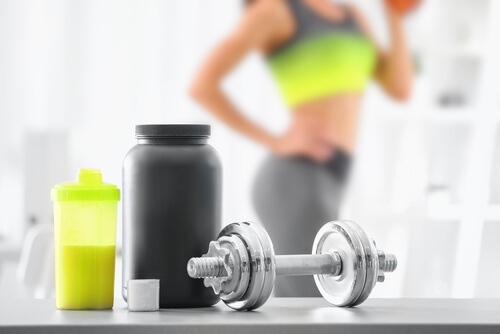Degrees in sports nutrition
Dr. Huberty brings with her a wealth of industry practice in both private and public sport and recreation settings. Research interests and publications focus on sport marketing and sponsorship, gender diversity within sport management, and sport leadership https://overview-casinos-us.com/. Learn more about Dr. Huberty here.
The roots of FSU Anne Spencer Daves College of Education, Health, and Human Sciences date back to the university’s establishment, and it is the oldest college of its kind in Florida. Recently expanded in 2023, the College is home to six academic departments united through a common goal to maximize human potential. In total, the College includes the Department of Educational Leadership & Policy Studies, Department of Educational Psychology & Learning Systems, Department of Health, Nutrition, and Food Sciences, Department of Human Development & Family Science, Department of Sport Management, School of Teacher Education, numerous research centers, and three laboratory schools (Florida State University School, FSU Pembroke Pines Charter School, and The Collegiate School at FSU Panama City). In 2024, the college was named after alumna and teacher Anne Spencer Daves.
Once you have been a registered dietitian for a minimum of two years and have accumulated 2,000 practice hours in sports nutrition, you can apply to become a certified sports dietitian from the CDR. To receive the Certified Specialist in Sports Dietetics (CSSD) you must pass a board exam that covers a variety of sports nutrition-related topics. Examination specifications include but are not limited to energy metabolism, fueling for training and competition, fluid and electrolyte balance, sports foods and supplements, clinical sports nutrition (disordered eating, energy availability and balance, weight management, special populations), and nutrition administration.

Sports nutrition degrees
According to the Bureau of Labor Statistics, as of May 2021, the average salary for nutritionists was $65,620. Early career professionals earned about $49,490, while those with extensive experience earned about $93,640 during this time.*
Though there are many similarities between nutritionists and dietitians, primarily in that they both strive to help people live healthier lives via the foods they eat, these occupations are not the same. The biggest difference between these two occupations is that nutritionist is not a legally protected title. That is, in many states, anyone – regardless of their education or work experience – can call themselves a nutritionist.
Sports nutritionists deal with issues involved in promoting optimal performance for athletes. They work with individuals to assess their nutritional requirements and advise them on what foods to eat to achieve their physical fitness and performance goals.

According to the Bureau of Labor Statistics, as of May 2021, the average salary for nutritionists was $65,620. Early career professionals earned about $49,490, while those with extensive experience earned about $93,640 during this time.*
Though there are many similarities between nutritionists and dietitians, primarily in that they both strive to help people live healthier lives via the foods they eat, these occupations are not the same. The biggest difference between these two occupations is that nutritionist is not a legally protected title. That is, in many states, anyone – regardless of their education or work experience – can call themselves a nutritionist.
Sports nutrition centers
And if at any point you feel lightheaded, dizzy or even experience hunger pangs, it might be a result of not eating enough or having enough water to keep up with the physical demands of exercise. In those cases, trying to level out your blood sugars and electrolytes is important, as well as seeing a healthcare provider if issues continue.
These professionals serve to educate athletes on all aspects of nutrition related to sports performance, including taking in the right amount of food, nutrients, hydration, and supplementation when needed.
For certain endurance athletes who complete training sessions or competitions lasting longer than 60 minutes, the ISSN recommends consuming 30–60 g of carbs per hour during the exercise session to maximize energy levels.
